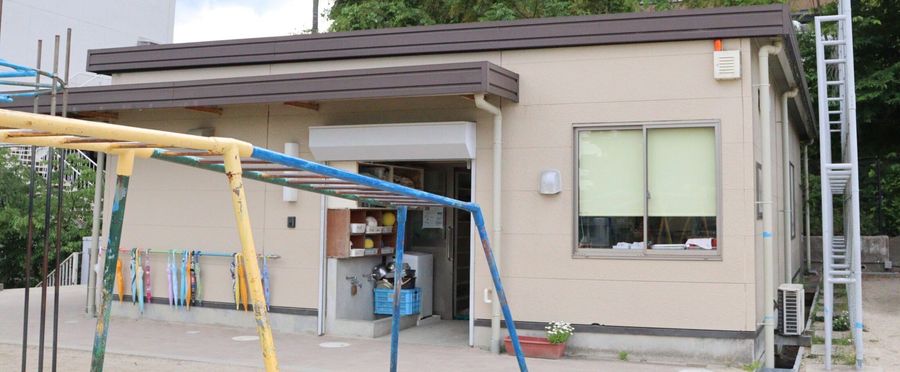The inclusion of unisex bathrooms in elementary schools in Kyoto, Japan, has sparked a robust public debate. Advocates stress that it promotes gender equality from an early age, while opponents express concerns about privacy and potential harm. The estimated roll-out time, specific schools, and how the implementation is planned remain unclarified. The government's education department is actively seeking views from various stakeholders, and the discourse continues to evolve.
In Japan, this issue touches on societal and cultural norms regarding gender and age-appropriate spaces. The heated discussion indicates the country's sensitivity and progressive shift toward inclusivity and equality, embracing a more modern view that challenges traditional binaries. Many Japanese feel that educational institutions should lead these changes, reflecting the nuanced views and values within the society.
Similar debates have been held in the United States and the European Union, where the concept of gender-neutral restrooms in schools varies significantly by state or country. In some places, it's seen as a step towards inclusiveness and recognizing transgender or non-binary identities. In others, it's controversial, often due to concerns about safety or perceived loss of traditional values.

